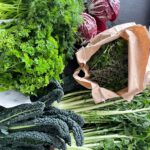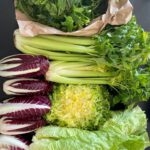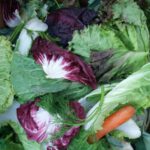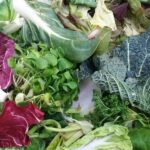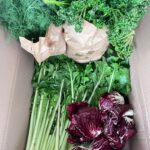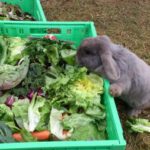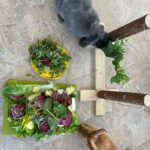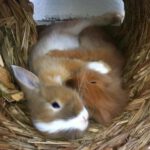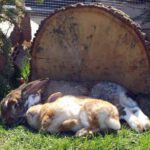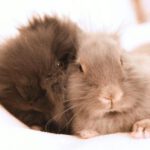Culinary Herbs in Rabbit Nutrition
Rabbits need a wide range of herbs to stay healthy. Herbs are essential in their diet: their high content of secondary plant compounds supports digestion, and their vitamins and minerals supply important nutrients. Especially when few wild herbs are available, fresh culinary herbs become an important part of the diet. They are rich in secondary plant compounds, vitamins, and minerals. The high mineral content is often criticized because it’s said to cause sludge or bladder stones, but this is not true when rabbits are fed a diet rich in fresh foods.
All culinary herbs sold commercially are suitable for rabbits.
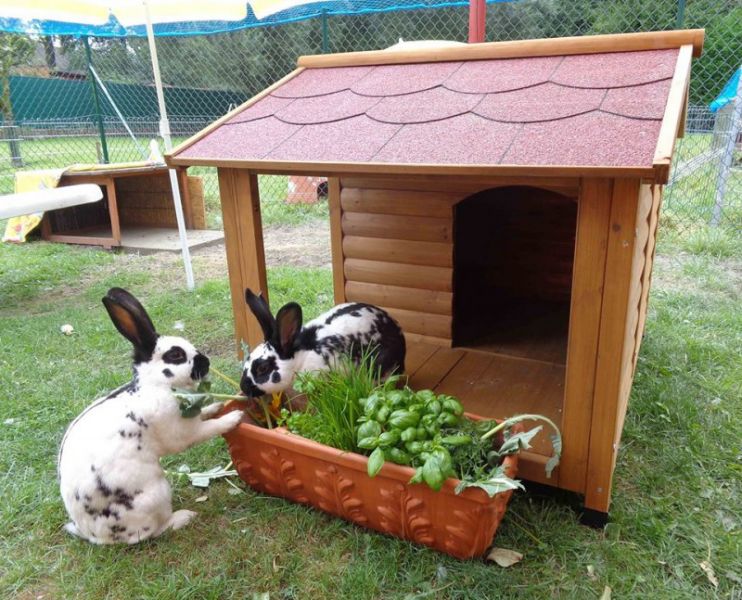
Keeping Herbs Fresh
Fresh herbs can be stored in the refrigerator for 1–3 days without any issues.
Many herbs are sold as potted plants. This “storage method” has the advantage that you can harvest them fresh, preserving their full vitamin content (vitamins decrease during storage).
Bundled herbs from the store should be freshly trimmed at the stems. Afterwards, place them in a glass of water. This keeps them fresh, and wilted herbs often recover.
Which culinary herbs can be fed?
Myths About Fresh Herbs
“Herbs have medicinal effects and should therefore be fed only in small amounts. They can cause side effects in healthy rabbits, and if given regularly, they won’t work anymore when the rabbit is sick.”
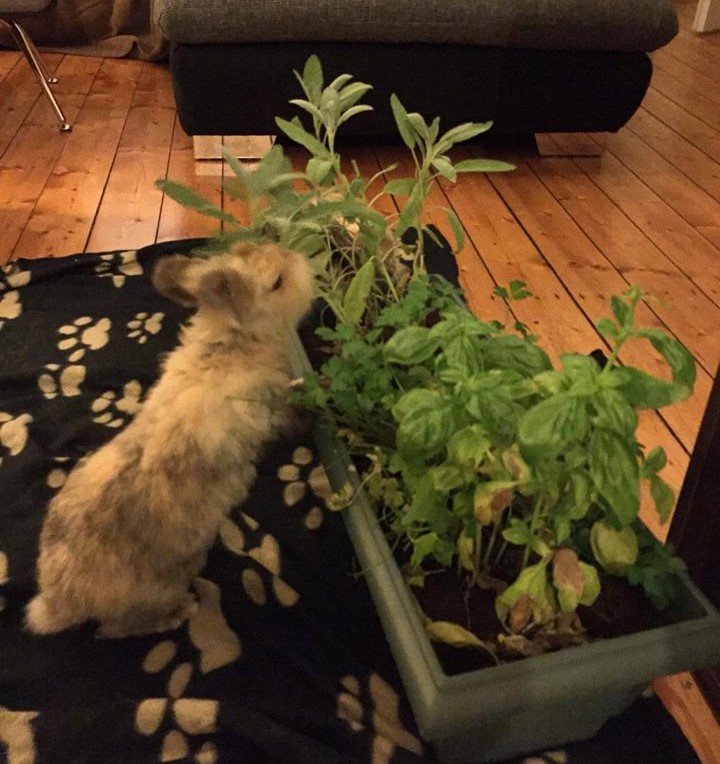
The natural base diet of rabbits consists of herbs and grasses, and they are perfectly adapted to a herb-rich diet. The statement above applies more to humans, who are omnivores. Human nutrition is not comparable to rabbit nutrition. An animal whose primary food source is herbs has no difficulty processing them.
The idea that herbs lose their effect in sick rabbits if they were fed beforehand is false. In fact, regular herb intake can prevent many illnesses. To fully utilize the medicinal effects of herbs, people use specific storage methods, drying techniques, and preparations (compresses, infusions, etc.).
Packaged herbs sold in pet stores are usually less potent. However, rabbits are excellent at managing the effects of different herbs. They select them intuitively for self-medication or to balance out unwanted effects. See: self-medication and selective feeding behavior.
“Herbs, carrot tops, etc. contain too much calcium and therefore should not be fed in large amounts.”
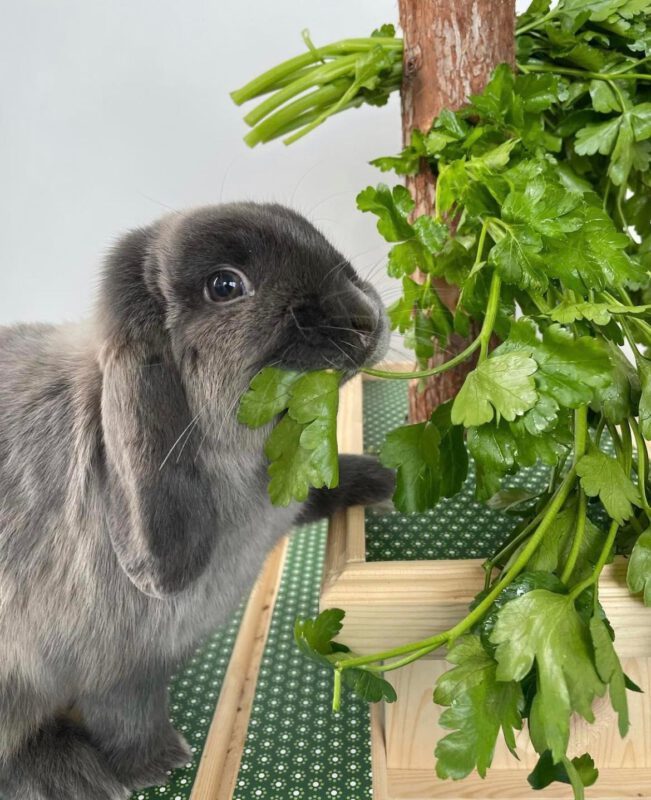
Because herbs are the natural staple food of rabbits, it makes no sense to claim that their primary food source is somehow unsuitable. Rabbits are specialized for consuming and processing herbs.
Still, here is the explanation regarding the calcium issue:
Calcium is an essential mineral that must be supplied through food. Normally, excess calcium is not a problem because the high water content of a natural rabbit diet (herbs are about 80% water) dilutes it, allowing it to be excreted easily. The calcium concentration in the urine remains low, and sludge does not form.
If the water content of the diet is lower (concentrated feeding—hay is also a concentrate), calcium accumulates in a concentrated form in the organs. Due to the lack of water, a thick calcium paste forms that is easily deposited. With sufficient water, this concentrated calcium mass would never develop—the water would dilute the calcium, flush it out, and prevent deposits entirely. The real cause of many bladder and kidney problems is therefore not calcium itself but a dry diet, which is unnatural.
If rabbits are fed appropriately with plenty of fresh food, calcium is not an issue. It becomes a problem only with concentrated diets, especially if those concentrates are high in calcium (dry food, hay…).
Dried herbs, by the way, usually have a similar or even lower calcium content compared to hay.
Further myths can be found under Nutrition Myths.




